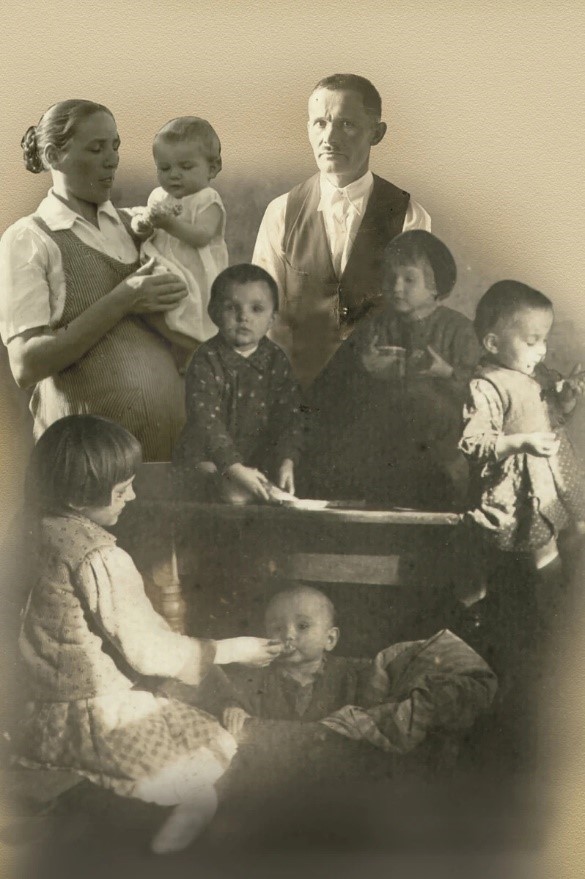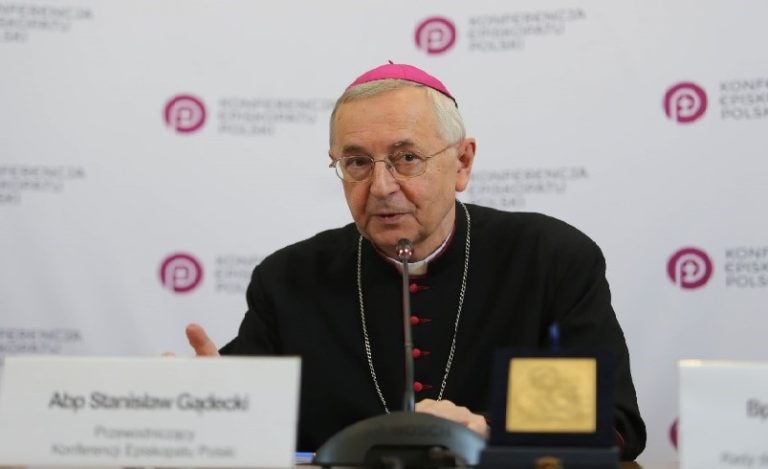On Sunday, September 10, the Beatification Ceremony of an entire Polish family, the ULMA family, took place in Poland. Their story and their serene life was cut short by tragedy, it is a story of love and inspiration.
On March 24, 1944, the Ulma family, their children (one in her mother's womb) and the Jews they were hiding were murdered by the Germans, the Ulma's crime was to hide Jews.
Attached is the article, we consider it an inspiring story and worthy of being known by all.
Archbishop Stanisław GĄDECKI
Metropolitan Archbishop of Poznań, president of the Polish Bishops' Conference.
Poland semper fidelis - a special mission of fidelity
We helped and continue to help. Proportionally to the size of the population, we have the largest number of refugees in Europe in Poland. This year, 3.5 million Ukrainian refugees have found shelter with Polish families, thanks to the support of the state and the Church.
The beatification of the Polish Ulma family from the village of Markowa in southern Poland has a symbolic dimension. Its members were executed by German gendarmes on March 24, 1944, for hiding Jews. In December 1942, the Ulma sheltered a Jewish family from Łańcut: Saul Goldman with his sons Baruch, Mechel, Joachim and Mojżesz, and the two daughters and granddaughter of Chaim Goldman from Markowa: Gołda Grünfeld and Lea Didner, accompanied by her daughter Reszla. The Germans learned of this fact from a denunciation and murdered Józef and Wiktoria Ulma and their children - Stanisław, Barbara, Władysław, Franciszek, Antoni, Maria, as well as the Jews they were hiding. Seventeen people in total, including a child who were still in his mother's womb. The execution was part of the anti-Jewish operation "Reinhardt". The operation in Markowa was commanded by Lieutenant Eilert Dieken. After the war, this person worked as a policeman in Esens. He died in 1960 as a "respected citizen" and was not held accountable for his crimes.
THE ULMA FAMILY
His eldest daughter wrote in 2013, "I know from letters that he was on duty in Lańcut during the war. I also know, and this is for me a reason to rejoice, that he helped many people. Anyway, I would not expect anything else from him."
Józef and Wiktoria Ulma hid Jews despite the decree issued by the Germans on October 15, 1941, which threatened with the death penalty not only Jews who "left their assigned district," but also anyone who hid them. The reason the Ulmas decided to risk their lives was their deep and traditional Catholic faith. "Greater love hath no man than this, that a man lay down his life for his friends" (John 15:13). During World War II, between 300,000 and one million Poles participated in the hiding of Jews, according to various estimates, of whom more than a thousand known by name and surname were killed as the Ulma family. Thanks to the help of the inhabitants of Markowa, 21 of the 120 Jews living there survived the war.
The beatification of the Ulma family has the particularity that, for the first time in the history of the Church, an unborn child will also be raised to the altars. Victoria Ulma was seven months pregnant. This child, according to the teaching of the Church, received the baptism of blood, which gives the fruits of baptism without being a sacrament. The Church thus emphasizes that an unborn child is entitled to human dignity and all the rights that derive from it.
The beatification of the Ulma family reminds the world of the need to respect the life of every human being and to be firm in the defense of values. Perhaps in the secularized Western world it may come as a surprise that parents were willing to risk not only their own lives, but also those of their children, to save people of another nationality and religion. This attitude, however, stems from the rootedness in Christianity that still characterizes Polish culture. Such an attitude was also adopted by other Polish saints: saint Maksymilian Kolbe, Blessed Cardinal Stefan Wyszyński, Blessed priest Jerzy Popiełuszko, saint John Paul II. Solidarity, which also sprang from this same trunk, led to the fall of communist totalitarianism and the collapse of the division of the world into two hostile camps. This happened "thanks to the efforts of people who did not resort to violence, but who, systematically refusing to yield to the power of force, always knew how to find effective ways of bearing witness to the truth" (St. John Paul II, Centesimus Annus).
"And who is my neighbor?"
Józef and Wiktoria Ulma were troubled by the answer that a scholar of the law received from Jesus. The latter asked Jesus, "And who is my neighbor?" (Luke 10:29). Jesus explains the parable of the Good Samaritan, which has become a canon of European culture. The Samaritan is a man free from fear. He does not ask who is the man lying by the roadside. He does not care about his nationality, religion, opinions or social position. He crosses all these barriers without any regard for them at all. The question of who is the man whose life is in danger is so meaningless that Jesus does not give the student of the law a single detail that would allow him to guess what his identity is. We do not even know if he was a Jew. This is unimportant because every human being is created in the image and likeness of God and all are fit to become our neighbor.
In recent times, in the wake of Russia's brutal aggression against Ukraine, this same Christian sensitivity of the Poles has translated into the opening of hearts and homes to refugees from the war in Ukraine. Since the beginning of this armed conflict, some 14.5 million people, mainly women and children fleeing the war, have arrived in Poland; almost 13 million of them have returned to the country. At the peak of these displacements, some 3.5 million refugees from Ukraine found refuge in Poland, of whom about 30 % were taken in by Polish families. Others were taken in by state, local and church institutions. All this was done without creating refugee camps. The Ukrainians have received not only humanitarian aid, but also certain civil rights allowing them, for example, to use the public health service, to include their children in the Polish education system, to benefit from certain social benefits enjoyed by citizens or to access employment. Proportionally to the size of the population, Poland has the largest number of refugees in Europe.
From this identity also derives a historically established responsibility for the Church. Polonia semper fidelis - with these words our special mission of fidelity is expressed. This used to be the motto of other nations as well. With this attitude, the Church in Poland wishes to participate in the upcoming synod on synodality, seeing it as an opportunity to renew the Church in Europe by recalling and expressing in contemporary language those values without which the Church and Christianity, and consequently Poland and Europe, would not be themselves. The beatification of the Ulma's is a reminder of the inalienable value of marriage as a union between a man and a woman, of the family open to welcoming offspring and as an environment in which faith and values are transmitted. It is also an affirmation of the value of life from the moment of conception and a reminder of the commandment to love one's neighbor to the willingness to give one's life for one's friends. The beatified were people with a good understanding of the mission of the laity in the Church and in the world. They remind us of what is important in earthly life and what must be done to attain eternal life.

 Purification kit
Purification kit  Relaxing kit
Relaxing kit  Respiratory kit
Respiratory kit  Antitumor
Antitumor 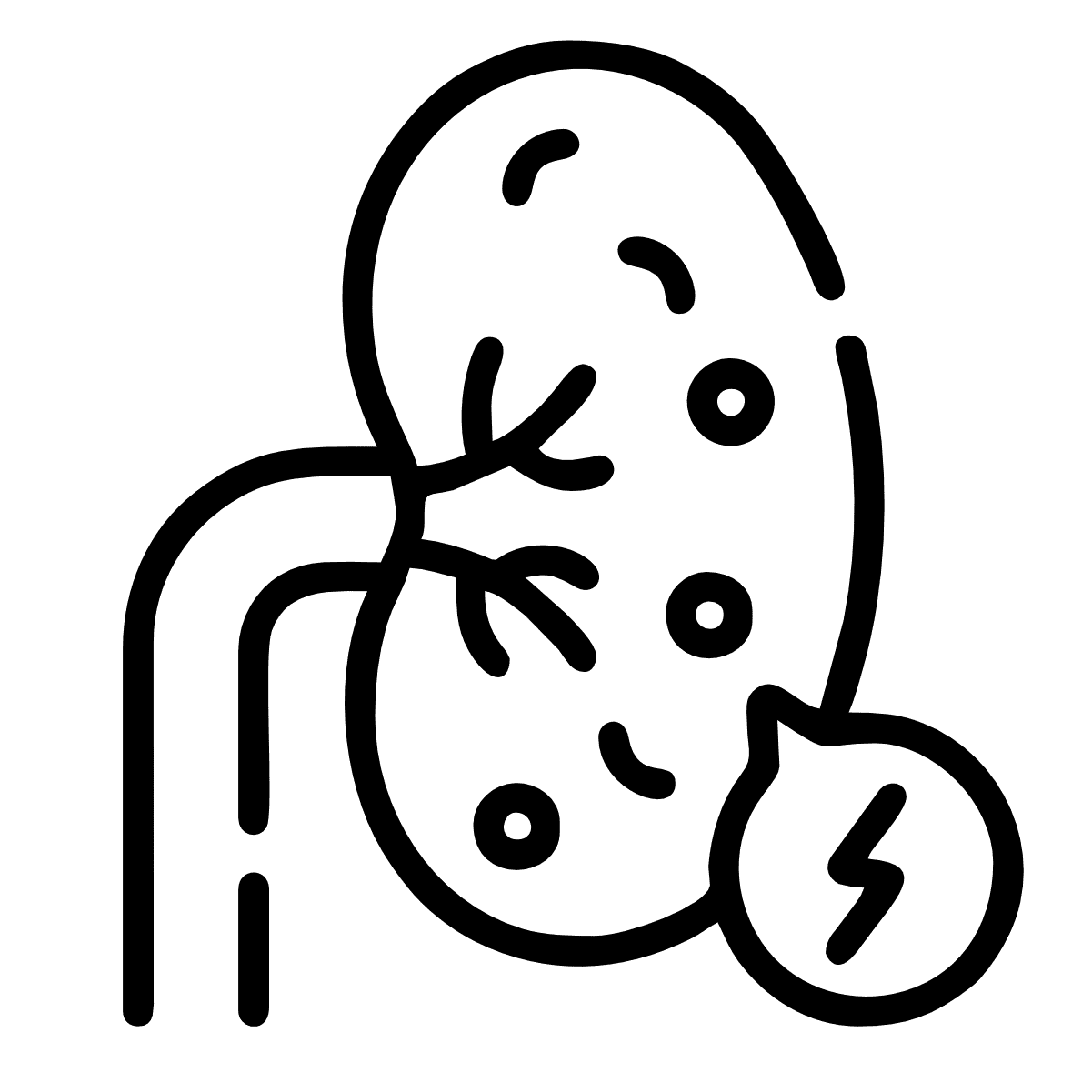 Kidney stones
Kidney stones  Blood circulation
Blood circulation  Cholesterol
Cholesterol  Rheumatic pains
Rheumatic pains  Constipation
Constipation 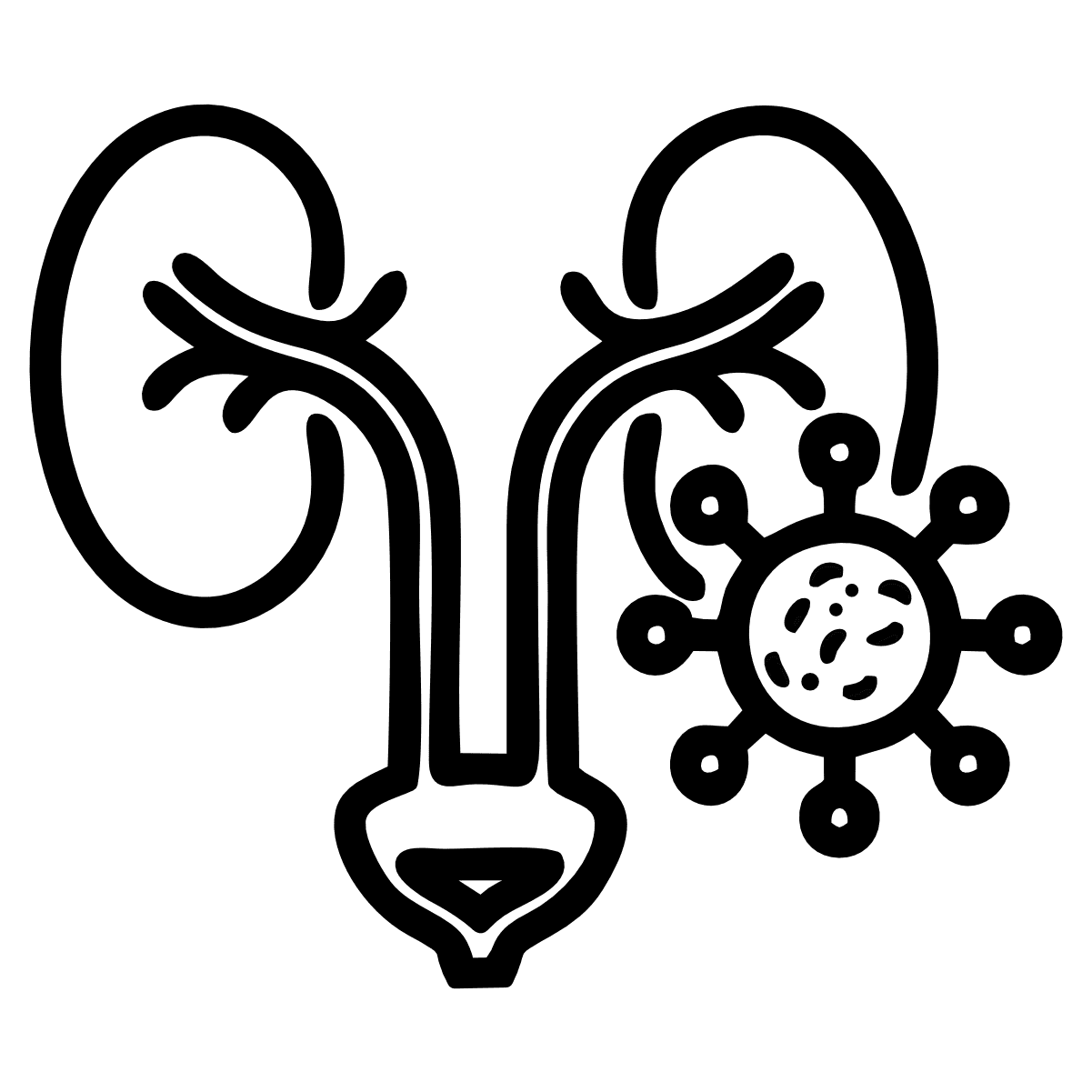 Urinary tract infection
Urinary tract infection 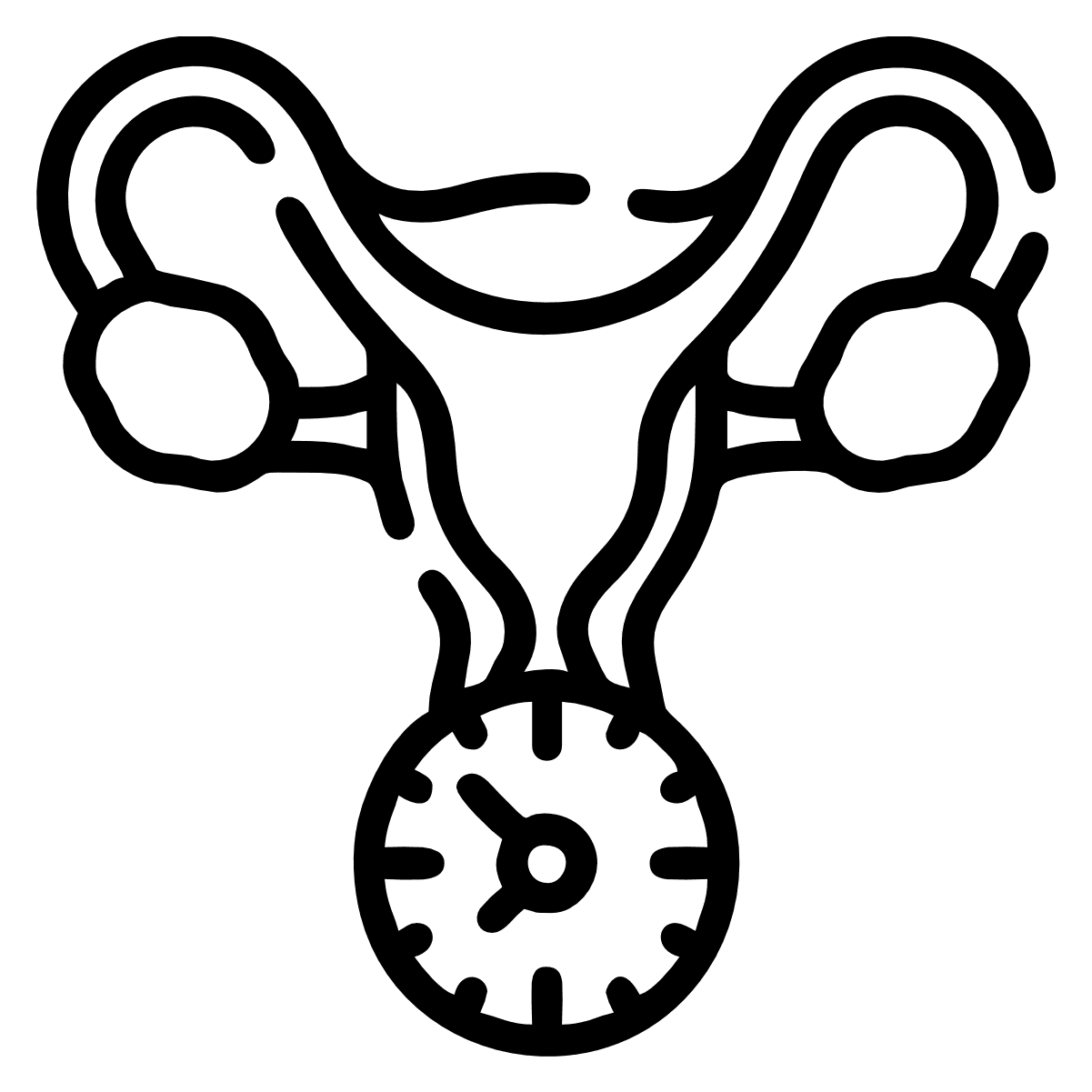 Menopause
Menopause  Obesity
Obesity  Purifying plants
Purifying plants 
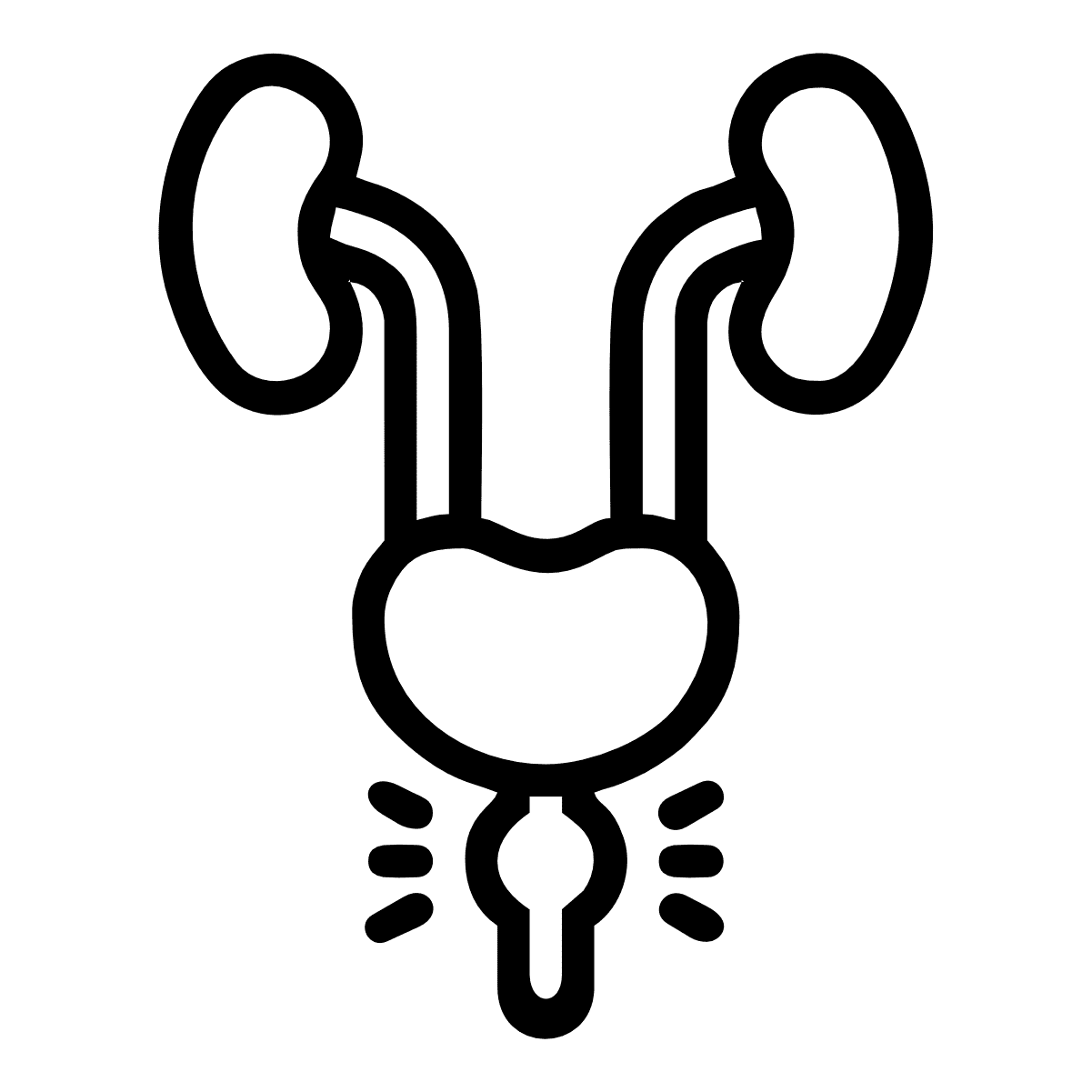 Prostatitis
Prostatitis  Glucose regulator
Glucose regulator  Digestive disorders
Digestive disorders  Hepatic disorders
Hepatic disorders 